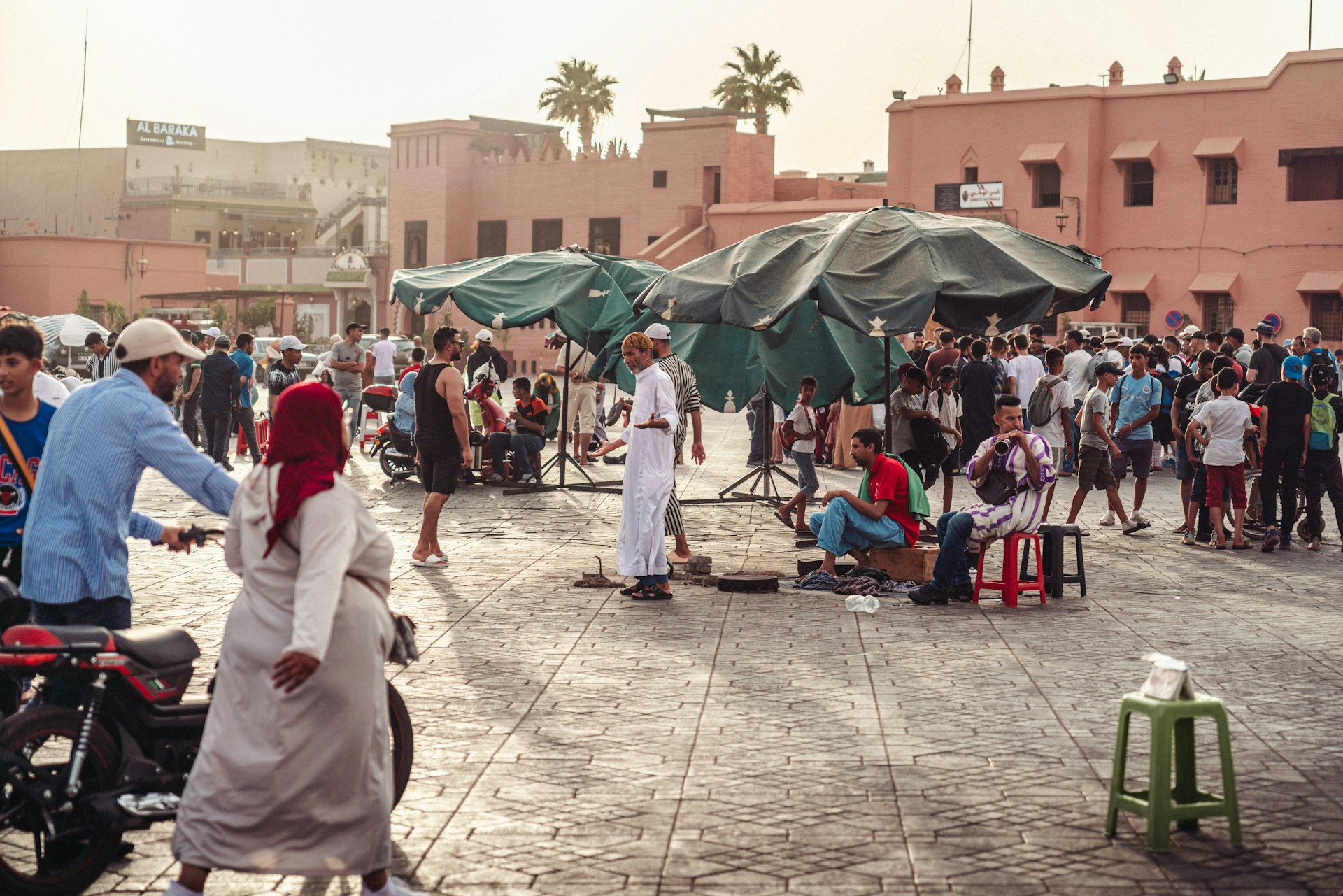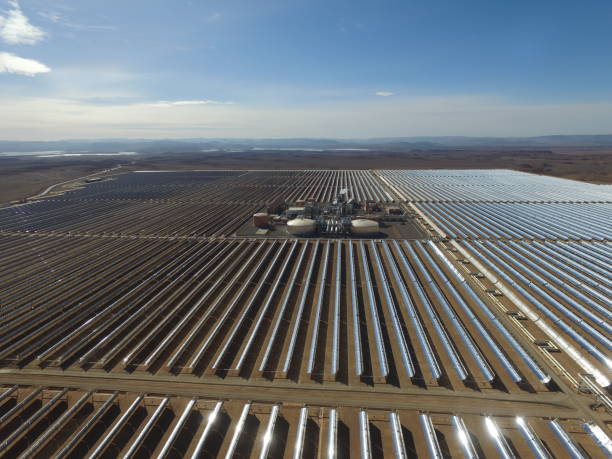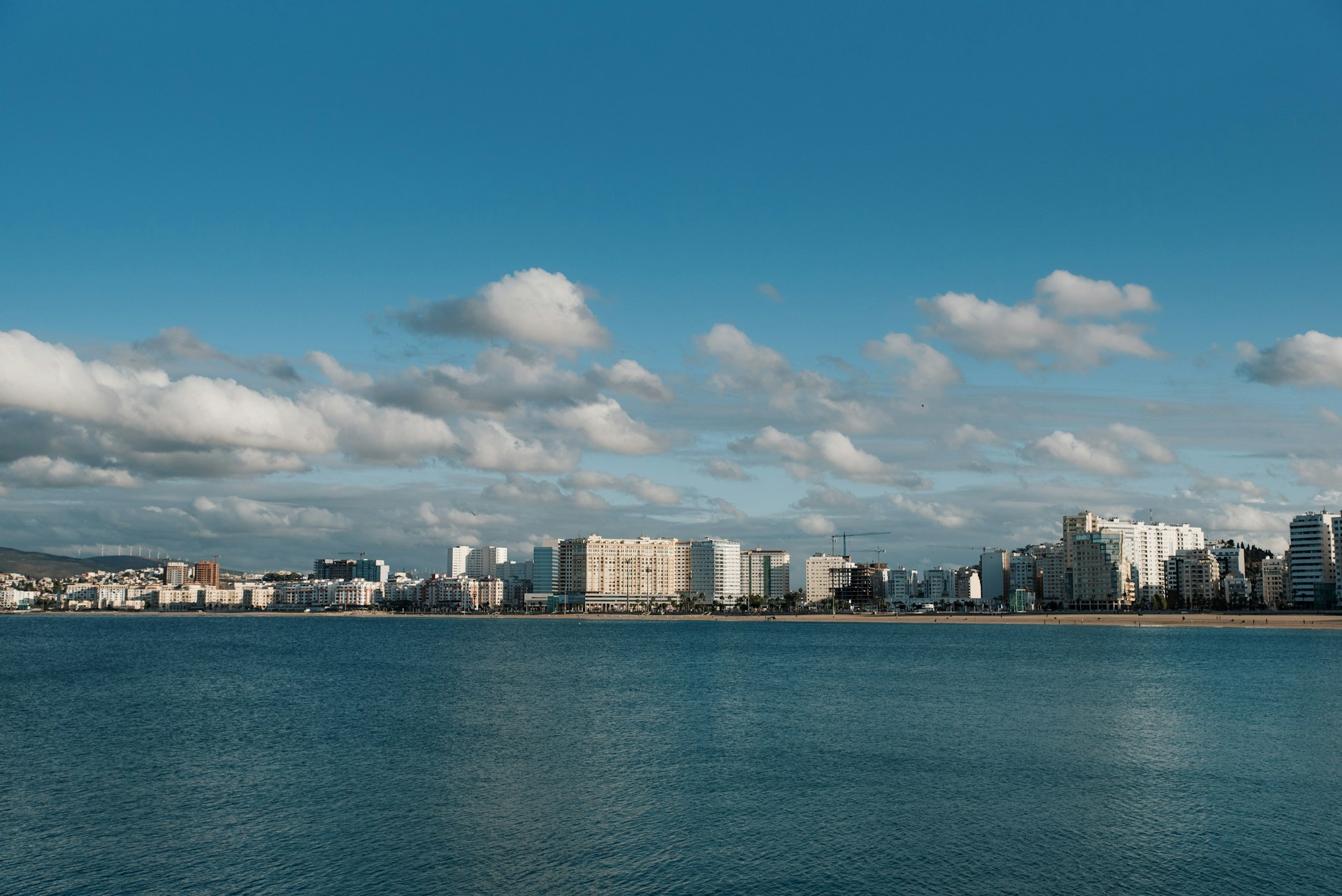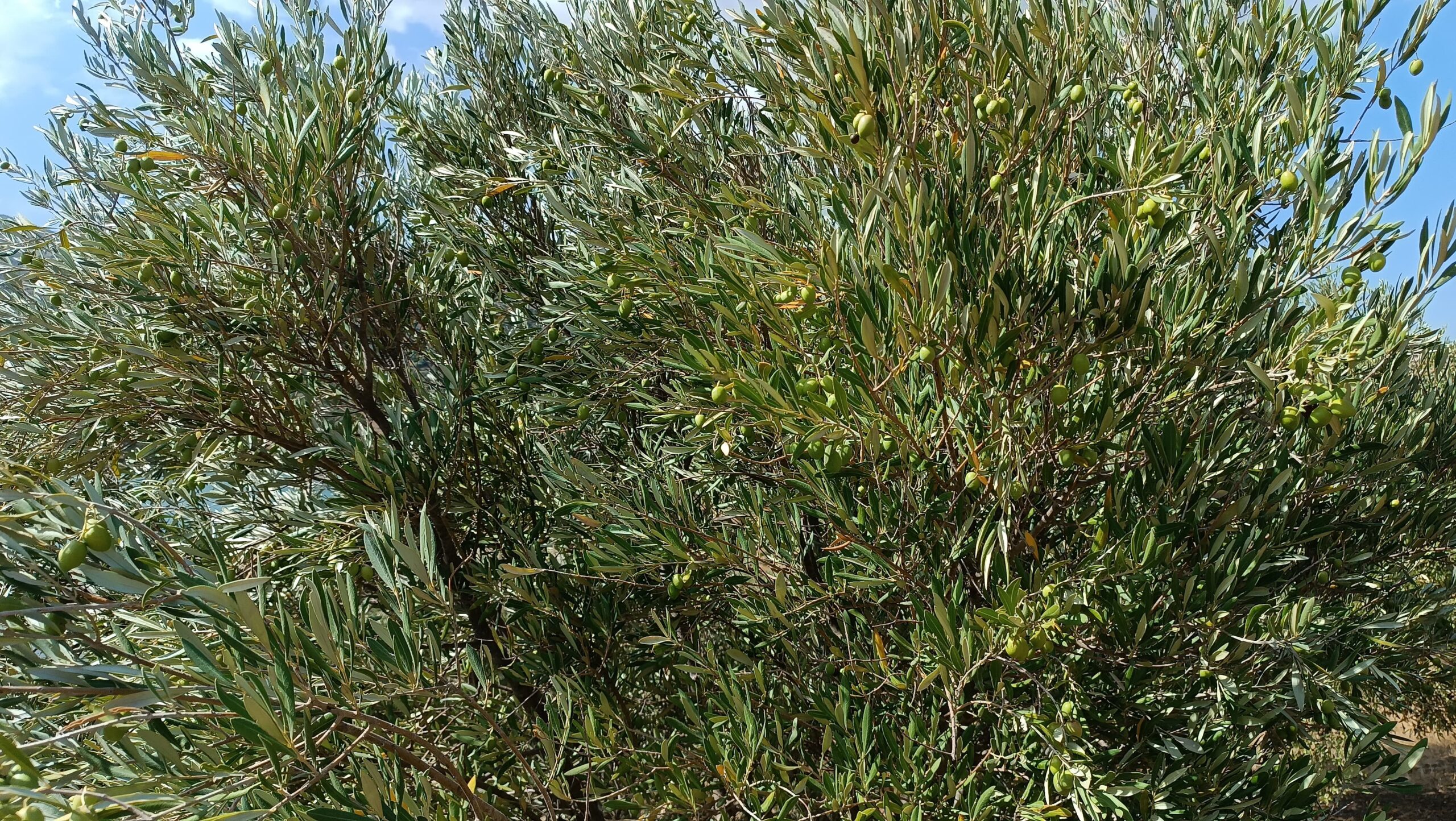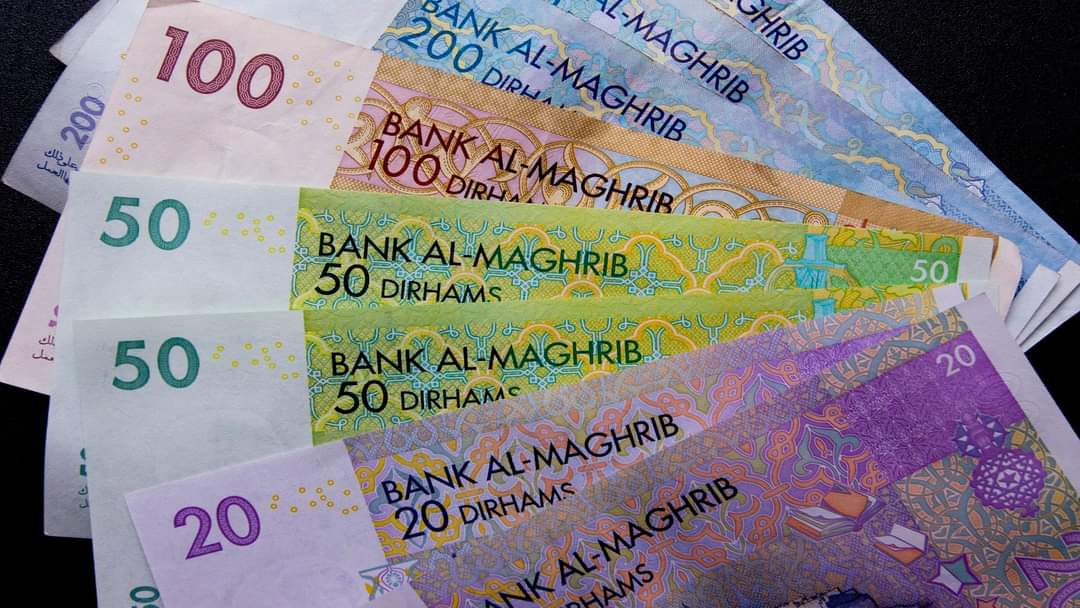Casablanca – Morocco has made significant progress in its national social protection strategy, with the total cost of the direct social support program for households reaching approximately $4.6 billion by the end of September 2025, according to Minister Delegate for the Budget Fouzi Lekjaa. This milestone marks a major step in the government’s effort to expand social protection and reduce socioeconomic disparities across the country.
The program, which targets vulnerable households, forms a cornerstone of Morocco’s broader social protection initiative, a strategic national project aimed at improving living standards, promoting economic inclusion, and advancing human development. Since its launch, the government has sought to ensure the sustainability of the initiative by mobilizing innovative and reliable financial resources, alongside reforming and rationalizing existing social programs to guarantee their coherence and effectiveness.
Lekjaa explained that the government’s approach combines financial innovation, such as targeted contributions from corporate profits and assets, with structural reforms of existing programs to improve efficiency, transparency, and developmental impact. In addition, the government has strengthened the Social Protection and Social Solidarity Fund, which now draws from diverse revenue sources, including profits from gambling establishments, foreign assets, and solidarity contributions on corporate profits and incomes. This multi-source financing framework has allowed the government to direct nearly $1.55 billion toward the most strategic aspects of the social protection program, including the direct social support scheme.
A central feature of the program is the involvement of the National Agency for Social Support, which implements royal directives and ensures that the program achieves tangible and sustainable impacts on beneficiary households. The agency has adopted a proximity-based approach, focusing on both human and territorial dimensions, aiming to transform financial support into a lever for integrated territorial development.
To operationalize this approach, the agency has established territorial branches staffed with social field officers. These officers are tasked with monitoring households closely, assessing their living conditions, and providing tailored support to reduce vulnerability and facilitate a sustainable exit from poverty. The initiative emphasizes not only financial assistance but also economic and social integration, ensuring that households are supported in a comprehensive manner.
The territorial branches work in partnership with local actors to monitor key areas such as children’s school enrollment, maternal and child health, and adherence to broader social obligations. The agency also develops economic integration pathways, aimed at enhancing the skills of household members, removing barriers to professional inclusion, and strengthening their participation in the local economy. The first of these branches have been established as pilot projects, which will undergo thorough evaluation before nationwide expansion.
In addition to field-level interventions, the agency has introduced a monitoring and evaluation system to measure the effectiveness of direct social support and its impact on local human development indicators. This system enables policymakers to track outcomes, assess regional variations, and adjust programs to better meet the specific needs and potential of each community. By linking financial support with social and economic integration measures, the program aims to create long-term developmental benefits that extend beyond immediate poverty alleviation.
Lekjaa highlighted that the program reflects the government’s commitment to structural reform and innovation. “Our goal is to consolidate a social protection system capable of responding effectively to citizens’ needs, while ensuring the sustainability of public finances,” he said. The program’s emphasis on transparency, efficiency, and measurable impact is intended to strengthen public trust and reinforce the role of social protection as a strategic tool for national development.
The $4.6 billion disbursed over the first nine months of the program illustrates the scale of Morocco’s investment in social protection and underscores the government’s dedication to inclusive growth and social cohesion. By combining financial assistance with education, healthcare, and economic integration measures, the program seeks to break cycles of poverty, empower households, and foster sustainable development across all regions of Morocco.
As Morocco continues to expand the territorial branches and refine monitoring systems, the government expects the direct social support program to remain a central pillar of its social protection strategy, providing measurable benefits to millions of households while supporting long-term socioeconomic resilience.






